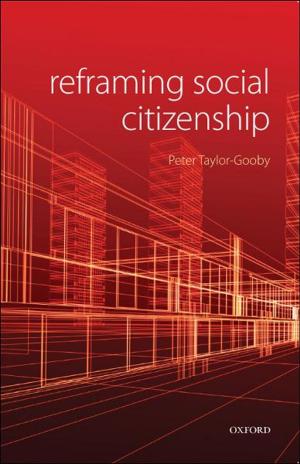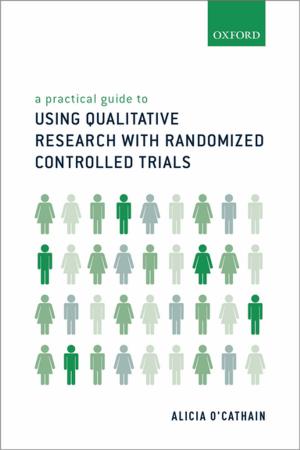EU Consumer Law and Human Rights
Nonfiction, Reference & Language, Law, Constitutional, Social & Cultural Studies, Political Science| Author: | Iris Benöhr | ISBN: | 9780191650659 |
| Publisher: | OUP Oxford | Publication: | December 19, 2013 |
| Imprint: | OUP Oxford | Language: | English |
| Author: | Iris Benöhr |
| ISBN: | 9780191650659 |
| Publisher: | OUP Oxford |
| Publication: | December 19, 2013 |
| Imprint: | OUP Oxford |
| Language: | English |
Traditionally, consumer law has played an instrumental role in the EU as a tool for market integration. There are now signs in the new EU legal framework and jurisprudence that this may be changing. The Lisbon Treaty contains provisions affecting consumer law and, at the same time, it grants binding legal force to the EU Charter, which in turn adds a fundamental rights dimension to consumer protection. This evolution, however, is still at an early stage and may be thwarted by conflicting trends. Moreover, it may generate tensions between social objectives and economic goals. This book provides the first comprehensive analysis of these developments and examines new avenues that may be opening for consumer law, focusing on three key areas: financial services, electronic communication and access to justice. Through a systematic analysis of relevant cases, the book traces the development of a human rights dimension in consumer law and details the ramifications that the post-Lisbon legal framework may have on consumer protection and policy. This book concludes by proposing new directions in consumer law, striking a compromise between social and economic demands.
Traditionally, consumer law has played an instrumental role in the EU as a tool for market integration. There are now signs in the new EU legal framework and jurisprudence that this may be changing. The Lisbon Treaty contains provisions affecting consumer law and, at the same time, it grants binding legal force to the EU Charter, which in turn adds a fundamental rights dimension to consumer protection. This evolution, however, is still at an early stage and may be thwarted by conflicting trends. Moreover, it may generate tensions between social objectives and economic goals. This book provides the first comprehensive analysis of these developments and examines new avenues that may be opening for consumer law, focusing on three key areas: financial services, electronic communication and access to justice. Through a systematic analysis of relevant cases, the book traces the development of a human rights dimension in consumer law and details the ramifications that the post-Lisbon legal framework may have on consumer protection and policy. This book concludes by proposing new directions in consumer law, striking a compromise between social and economic demands.















